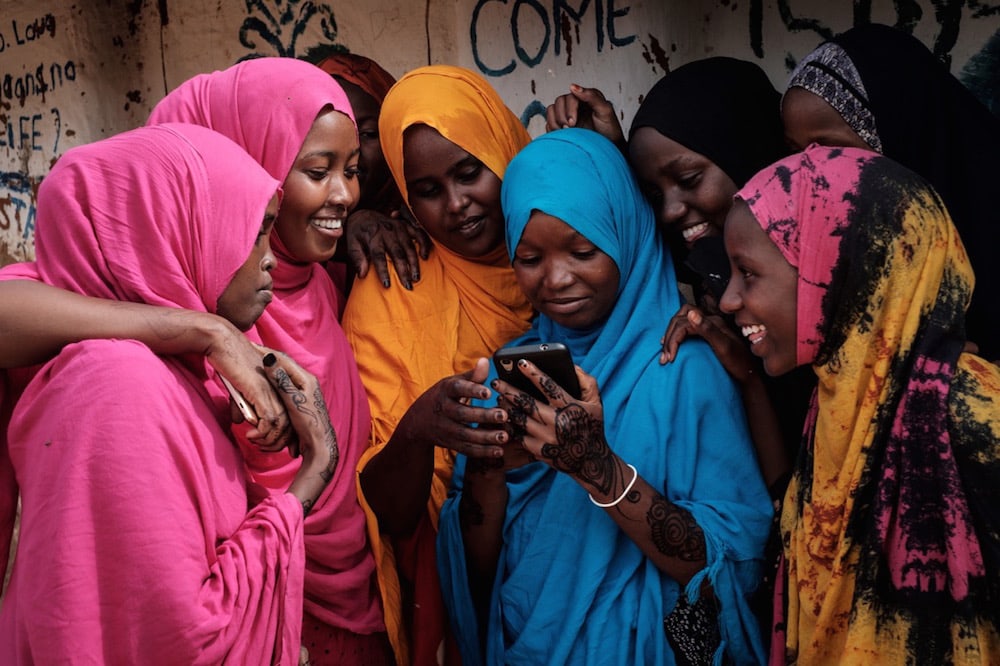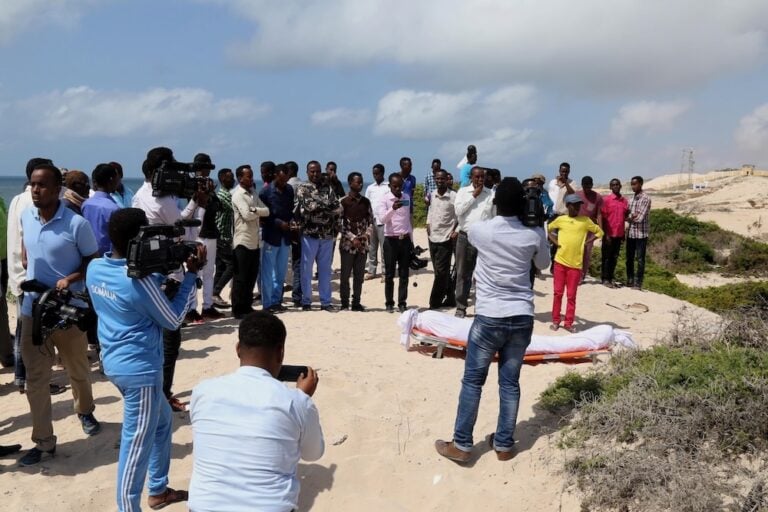Somali digital rights group Digital Shelter launches #WithoutFear initiative to raise awareness of the challenges faced by Somali women online, while providing a digital safety and security platform.
This statement was originally published on cipesa.org on 9 March 2021.
In commemoration of International Women’s Day (IWD), Digital Shelter has launched the #WithoutFear campaign to raise awareness about the challenges faced by Somali women online.
The campaign features an audiovisual poem in English and Somali, by award-winning Poet, Activist and Digital Storyteller Zahra Abdihagi Mahamed. The poem was inspired by a December 2020 crowdsourcing survey conducted by Digital Shelter on women’s experiences of online shame, harassment, and abuse. The survey resulted in 82 respondents sharing stories ranging from having accounts hacked, blackmail, through to receiving unsolicited indecent images from men.
The #WithoutFear campaign also features a digital safety and security platform which enables Somali women to download and receive regular reminders about the status of their online and social media accounts via a calendar.
Online harassment carries similar harms as street harassment, yet, as one respondent in the survey put it, “This kind of thing is not even considered abuse in our society, which is disheartening.” As a result, Somali women’s voices are suppressed and even silenced online, with a third (34%) of the survey’s respondents confirming they now spend less time on social media.
According to Mahamed, “No woman should be put in a situation where she is ridiculed and shamed – especially online, where information travels very far and abuse continues to grow more and more each day. It is mentally and emotionally disturbing.”
The survey highlighted Facebook as “the worst platform to be a girl” in Somalia, with 57% of respondents experiencing abuse on a Facebook-owned platform (Facebook, Messenger, WhatsApp, or Instagram). This echoes sentiments in a 2020 research on the online experiences of women conducted as part of the Women At Web initiative, which reiterates Goal 5 of the Sustainable Development Goals calling for an end to all forms of discrimination against all women and girls.
Abdifatah Hassan Ali, co-founder of Digital Shelter, stated that the campaign is vital because online spaces should be open, safe, and inclusive for all. He added that, “We need Somali women to be able to openly express their views without being challenged and without being harassed.”
The campaign was developed as part of data literacy institutional support in the context of the Africa Digital Rights Fund (ADRF), led by Data4Change with support from the Collaboration on International ICT Policy for East and Southern Africa (CIPESA).



